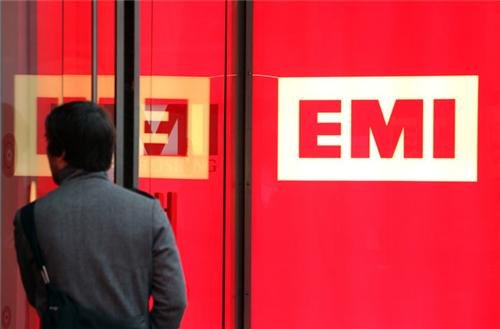
The EMI roulette wheel has stopped spinning and Universal Music Group (UMG) and Sony are the lucky winners! In a surprise turn of events, Citigroup (the current owner of EMI) announced that UMG will purchase its recorded music division for $1.9 billion, while Sony (leading a larger consortium of investors) will acquire EMI’s publishing rights for $2.2 billion. Prior to the announcement, it was believed that Russian billionaire-helmed Warner Music Group would score the recorded music division, while a partnership between private-equity firm KKR and German media group Bertelsmann AG would nab the publishing rights.
The announcement was also surprising because no one expected Citigroup to get what they were asking for EMI. The final figures came to be after Citigroup agreed to keep EMI’s pension liabilities on their books instead of passing them along to the new owners. The pension liabilities have been estimated at upwards of $600 million. UMG has also announced that they will be selling off over $600 million in “noncore” assets, most likely a small handful of catalogs, to raise more capital for the deal and reduce the amount of assets it currently holds.
Even with the upcoming sale, UMG’s purchase of EMI’s catalog will bring their market share of distributed music up to about 36% in some countries. This has lead to speculation that the deal could prove difficult to finalize, due to anti-trust issues. UMG seems confident in the face of these concerns, though, announcing that they’ll take on the liability. If the deal ultimately fails to go through, UMG would be responsible for finding a new buyer and would have to eat any costs incurred as a result.
A few notable EMI artists and managers have submitted sound bites supporting the deal, including Mick Jagger who noted that the sale to UMG was a “positive development.” There had been growing concern among some industry types about the eventual owner of EMI, as the company had up until recently been a British mainstay of the music world, having been in business for 114 years. The purchase of the company by similarly large music groups should maintain the status quo, even if ownership has switched from British to French hands via UMG’s parent company, Vivendi.
• EMI: http://www.emimusic.com
• Universal Music Group: http://www.universalmusic.com